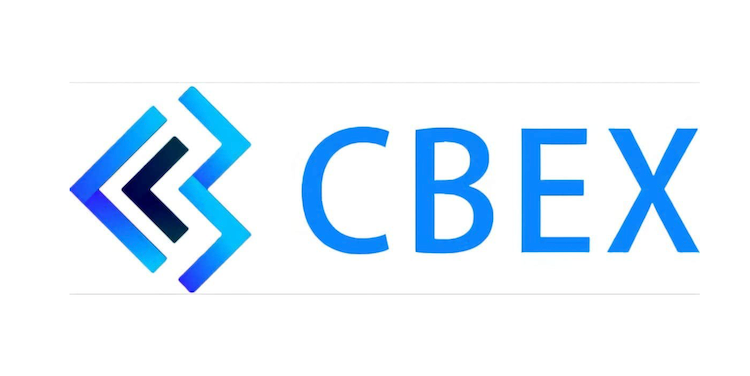CBEX Crash: A Digital Scam Wrapped in AI Hype
For thousands of Nigerians, CBEX once looked like a golden opportunity — a fast track to wealth in a tough economy. But today, it stands as yet another painful reminder that in the digital age, scams don’t always come industy offices or back-alley meetings. Sometimes, they arrive in sleek apps with AI buzzwords and too-good-to-be-true promises.
From Promise to Panic
Launched in mid-2024, CBEX — short for China Beijing Equity Exchange — claimed to use artificial intelligence to trade digital assets. It promised investors up to 100% returns within just 30 days. The platform’s clean design, tech-heavy language, and aggressive marketing made it feel legit.
But behind the glossy front was a familiar scheme: a Ponzi structure disguised as innovation.
A New Kind of Recruitment
CBEX didn’t follow the old playbook. Instead of physical meetings or paper fliers, it grew through Telegram groups and social media hype. Users were rewarded for bringing others on board. Some couldn’t even withdraw their funds unless they referred up to 12 new users.
Fake dashboards displayed fake trades. These tricks gave users the false impression that the platform was active, profitable, and secure.
The Crash Comes in April
By April 2025, everything unraveled.
Withdrawals were suddenly “suspended.” Users logged in to find empty wallets and vanishing balances. CBEX blamed “system upgrades” and vague “anti-money laundering investigations.” Then came reports of customer service reps demanding more deposits to “unlock” frozen funds.
The public backlash was swift. Videos showed angry investors storming CBEX offices in Lagos and Ibadan. Online, frustration spilled over in hashtags, memes, and bitter sarcasm.
“You haven’t learned from MMM, Racksterli, and co. Don’t worry, another one will come,” tweeted one user.
“Anyone promising 100% ROI in 30 days is not helping you — they’re playing you,” added another.
Empty Promises and Official Warnings
CBEX tried to control the damage. It released slick videos claiming all funds were safe and promised full operations would resume on April 15. That date passed. Nothing changed.
Meanwhile, the Securities and Exchange Commission (SEC) issued a warning. While it didn’t name CBEX directly, the message was clear: any platform not registered with the SEC is illegal.
Under Nigeria’s new Investment and Securities Act (2025), offenders face strict penalties — including jail time and heavy fines.
A Familiar Pattern, A Costly Lesson
Unfortunately, isn’t the first — and may not be the last. From the infamous wonder banks of the 1980s to more recent names like MMM, MBA Forex, and now CBEX, Nigeria’s Ponzi history runs deep.
According to the NDIC, Nigerians lost over ₦911 billion to Ponzi schemes between 1999 and 2022. The core reasons haven’t changed: economic pressure, limited financial knowledge, and the constant lure of fast money.
CBEX succeeded not just because of the money it promised. It sold hope. It built a community. It made people believe they could escape poverty with just a few clicks.
Beyond Outrage: What Needs to Change
CBEX’s fall should be more than another viral moment. It should spark real change — in law, in education, and in culture.
Nigerians need:
- Stronger regulation and faster enforcement,
- Wider financial education on risk and scams,
- Platforms that promote real, long-term investment strategies.
This wasn’t a failure of technology. It was a misuse of trust — by a few, and misunderstood by many.
Unless we start asking the right questions and demanding better protection, CBEX won’t be the last of its kind. The next version might just come with a different name and newer tricks.



















Leave a Reply